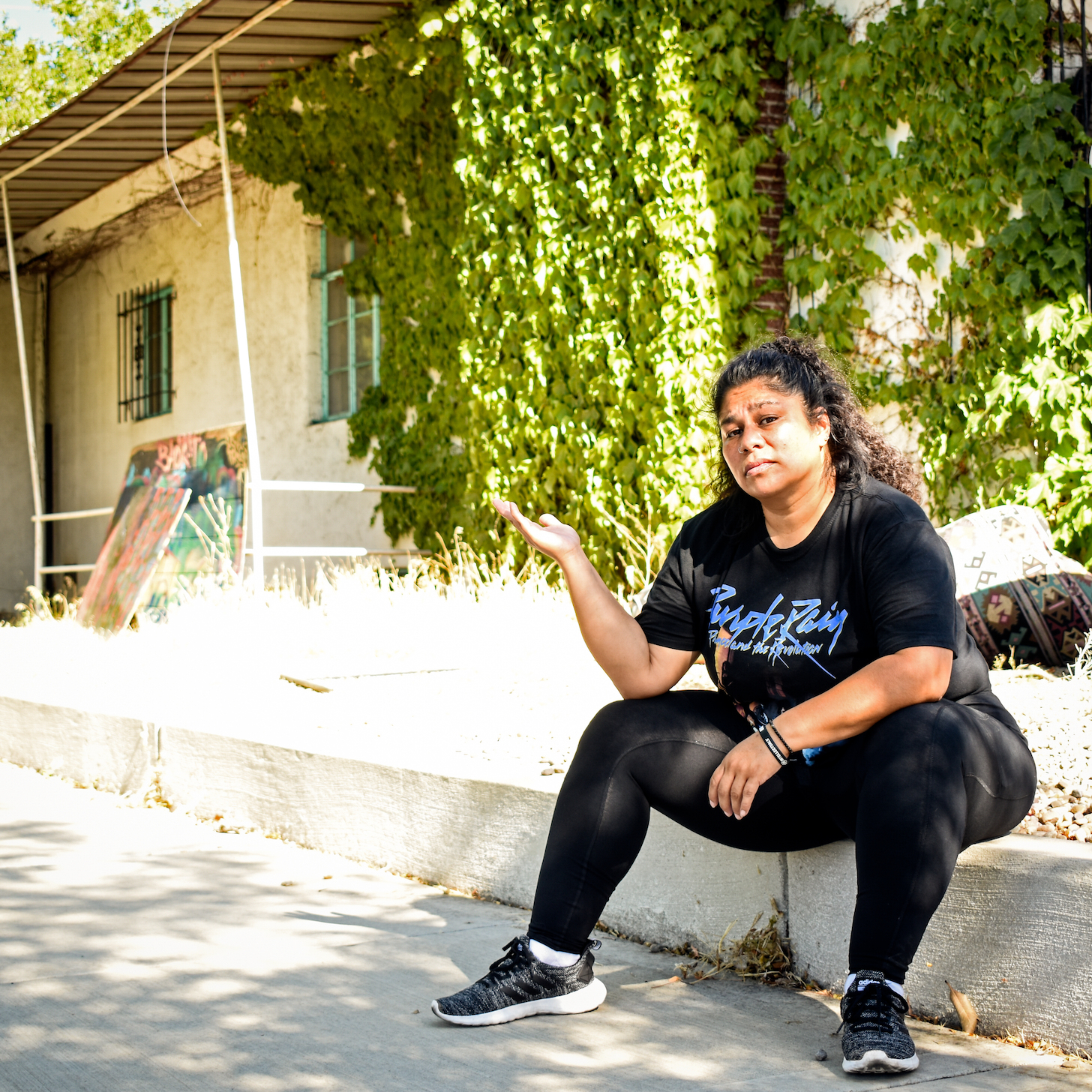Local Organizer Evicted During Moratorium
Lack Of Information Makes Eviction Moratorium Confusing For Tenants And Landlords

Latest Article|September 3, 2020|Free
::Making Grown Men Cry Since 1992



